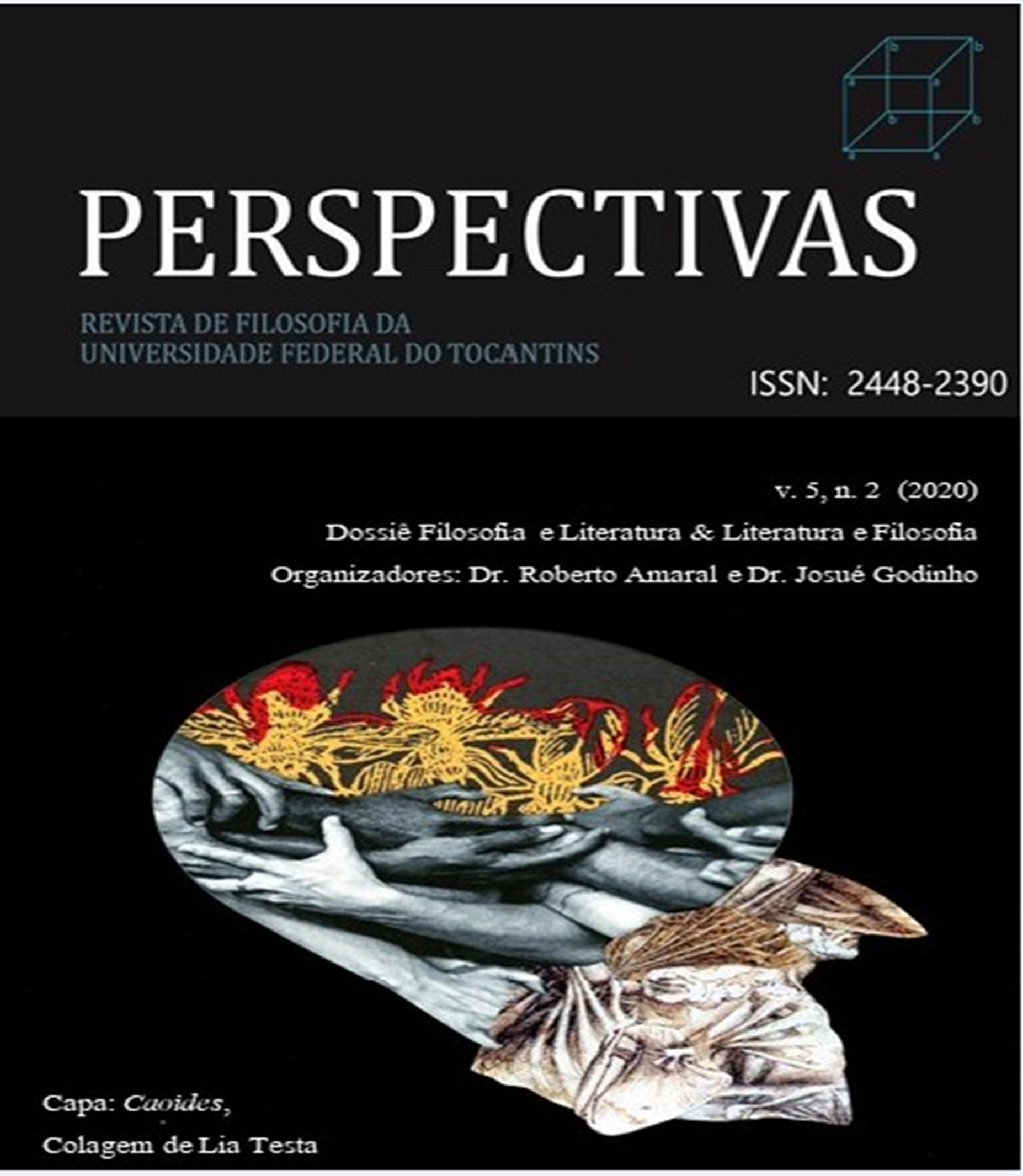Sartre e a literatura
Imaginação, engajamento e liberdade
DOI:
https://doi.org/10.20873/rpv5n2-72Abstract
In the essay What is literature? originally published in 1947, Jean-Paul Sartre
develops his arguments in response to the harsh criticism he received due to the principle of
engagement characteristic of his literary works. These critics understood that Sartre used
literature as a pretext to propagate and defend his political and philosophical theses, thus
producing a kind of engaged literature, distorting and devaluing the noble sense of belles-lettres
art. In response to these criticisms, Sartre's intention is to exalt literature, understanding it as a
free unveiling of the sense of the world through an imaginary object, a pact of generosity
between author and reader. In order to discuss the philosophical sense of literature, this article
is based on Sartre’s phenomenological ontology and the arguments presented by the author in
response to his critics, presenting the principle of engagement from the concept of conscience
intentionality and the phenomenological sense of imagination, understanding that this is a
discussion that philosophically supports the author's understanding of what literature is and its
importance for the constitution of subjectivity and the affirmation of freedom.
Downloads
Published
How to Cite
Issue
Section
License
The Magazine is under the Creative Commons Attribution 4.0 International Public License (CC BY 4.0), according to which:
1) The authors retain the copyright and grant the journal the right of first publication, with the work simultaneously licensed under the Creative Commons Attribution which allows the sharing of articles published with the recognition of authorship and initial publication in this journal.
2) Authors are authorized to enter into additional contracts separately for distribution of the version of the work published in this journal, as long as there is recognition of authorship and initial publication in Perspectivas.
3) Authors are authorized and encouraged to disseminate published texts with proper references to the journal and its authors.





















